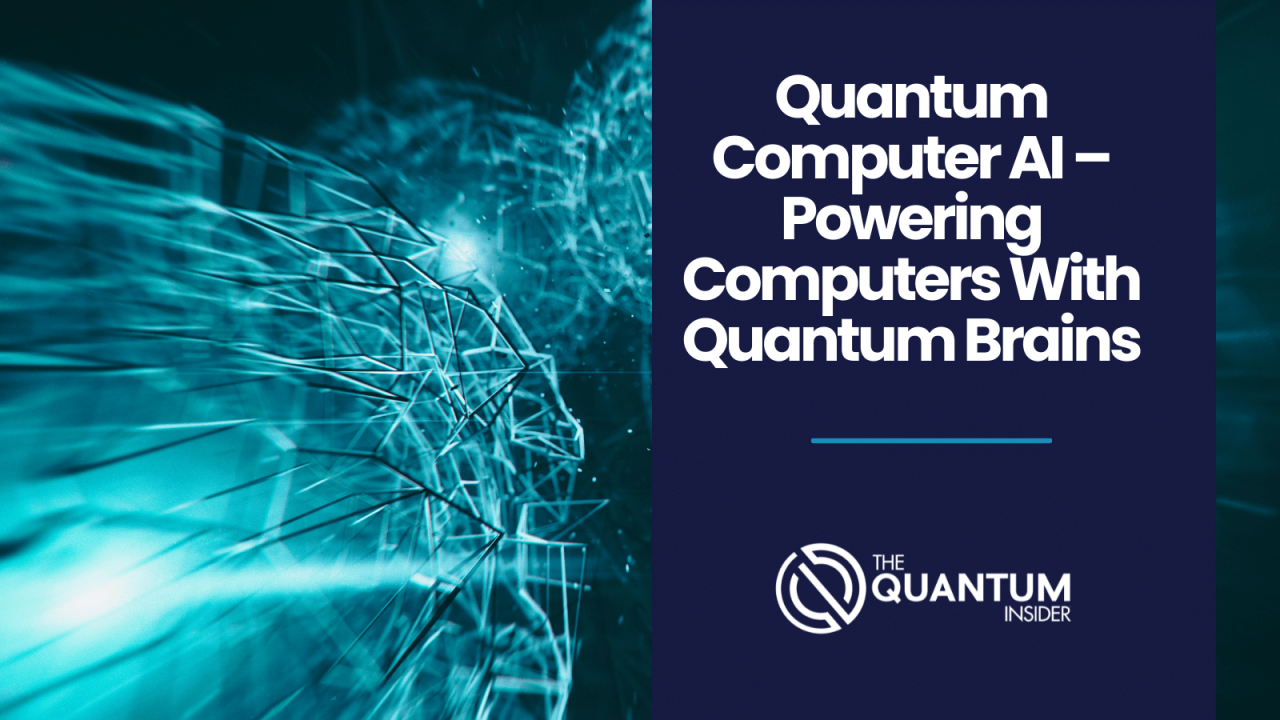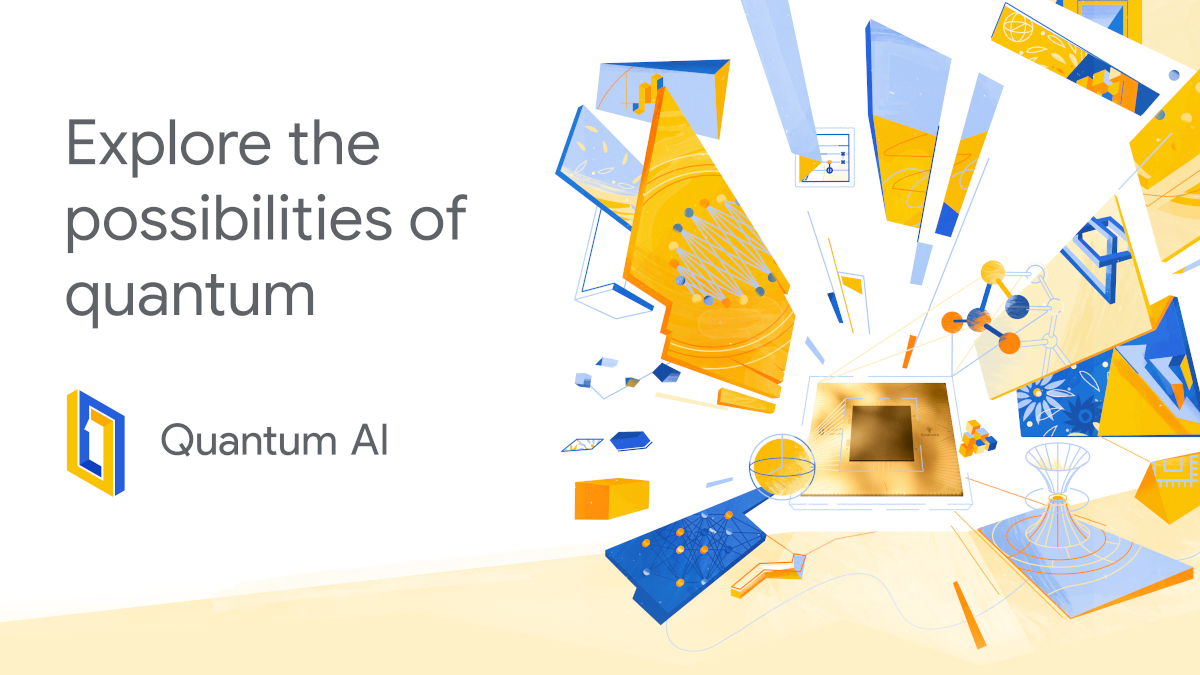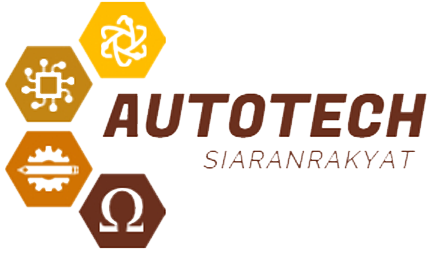AI tools for quantum computing represent a burgeoning field, poised to revolutionize computation. The convergence of artificial intelligence’s adaptive learning capabilities and quantum computing’s immense processing power promises breakthroughs across diverse sectors, from materials science and drug discovery to financial modeling and cryptography. However, integrating these two complex technologies presents significant challenges, demanding innovative solutions to harness their full potential. This exploration delves into the various applications of AI in enhancing and accelerating quantum computing advancements.
This exploration will examine how AI algorithms are used to design, optimize, and control quantum computers, ultimately leading to more efficient and reliable quantum computations. We will discuss the use of AI in quantum algorithm design, hardware control, simulation, error correction, and optimization problems, highlighting both successes and ongoing challenges. Case studies will showcase real-world applications and the potential societal impact of this rapidly evolving field.
Introduction to AI and Quantum Computing

Artificial intelligence (AI) and quantum computing are two rapidly advancing fields with the potential to revolutionize numerous aspects of our lives. AI, encompassing machine learning and deep learning, focuses on creating intelligent systems capable of learning, reasoning, and problem-solving. Quantum computing, on the other hand, leverages the principles of quantum mechanics to perform computations in ways impossible for classical computers. While distinct, these fields are poised for significant synergy.
The current state of AI is characterized by widespread adoption in various sectors, from personalized recommendations to medical diagnosis. However, limitations remain, particularly in tackling complex problems requiring immense computational power. Quantum computing, still in its nascent stages, offers the potential to overcome these limitations by processing information exponentially faster than classical computers for specific types of problems.
Potential Synergies Between AI and Quantum Computing
The combination of AI and quantum computing holds immense promise. AI algorithms can be used to optimize quantum computations, improving efficiency and reducing error rates. Conversely, quantum computers can accelerate the training of complex AI models, enabling the development of more sophisticated AI systems. For instance, quantum machine learning algorithms could potentially analyze massive datasets to uncover patterns and insights currently beyond the reach of classical AI. This synergy could lead to breakthroughs in drug discovery, materials science, and financial modeling, where complex simulations and data analysis are crucial. Furthermore, AI can be instrumental in developing and managing quantum computers themselves, optimizing hardware design and control systems.
Challenges in Integrating AI and Quantum Computing, AI tools for quantum computing
Despite the potential, integrating AI and quantum computing presents significant challenges. One major hurdle is the lack of readily available, fault-tolerant quantum computers with sufficient qubit numbers. Current quantum computers are prone to errors and are limited in their computational capacity. Another challenge lies in developing hybrid algorithms that effectively combine classical and quantum computations. This requires expertise in both fields and innovative approaches to algorithm design. Moreover, the development of efficient software and hardware infrastructure to support the integration of AI and quantum computing is crucial, yet currently underdeveloped. Finally, the substantial resources required for research and development in both fields pose a significant barrier to widespread adoption.
AI for Quantum Hardware Control: AI Tools For Quantum Computing

Quantum computers, while promising immense computational power, are notoriously susceptible to noise and instability. Precise control over qubits—the fundamental units of quantum information—is crucial for reliable computation. Artificial intelligence (AI) is emerging as a powerful tool to address these challenges, offering innovative approaches to improve the control and stability of these delicate systems. AI algorithms can learn complex patterns in experimental data, allowing for more efficient and robust control strategies than traditional methods.
AI significantly enhances the control and stability of quantum computers by automating and optimizing various aspects of their operation. This includes optimizing pulse sequences used to manipulate qubits, identifying and mitigating sources of noise, and even predicting and correcting errors in real-time. The application of machine learning techniques allows for adaptive control strategies that dynamically adjust to changing conditions within the quantum system, leading to improved fidelity and coherence times.
AI-Driven Error Mitigation in Quantum Computations
Quantum computations are prone to errors stemming from various sources, including qubit decoherence, gate imperfections, and crosstalk between qubits. AI algorithms can be trained to identify and characterize these errors, leading to the development of more effective error mitigation techniques. For instance, machine learning models can learn the relationships between input parameters and error rates, enabling the prediction and correction of errors before they significantly impact the computation. This predictive capability minimizes the need for extensive recalibration and significantly improves the overall accuracy of quantum computations. One example is using neural networks to learn the noise characteristics of a specific quantum processor and then using this knowledge to design error-correcting codes tailored to that specific hardware. This targeted approach can be much more effective than using generic error correction methods.
AI-Assisted Optimization of Quantum Hardware Performance
Consider a hypothetical scenario involving a superconducting quantum computer. The qubits in this system are extremely sensitive to fluctuations in temperature and electromagnetic fields. Traditional control methods rely on pre-programmed pulse sequences, which may not be optimal for all operating conditions. An AI-powered control system, however, can continuously monitor the system’s performance and dynamically adjust the pulse sequences in real-time to compensate for these fluctuations. The AI could learn to predict and mitigate the effects of noise based on real-time data, thereby maximizing qubit coherence times and reducing error rates. This adaptive approach could significantly improve the overall performance of the quantum computer, allowing it to perform more complex computations with higher fidelity. For example, the AI could analyze data from millions of experimental runs, identify optimal pulse shapes and timings, and automatically update the control system parameters to minimize errors and improve gate fidelity. This leads to a self-optimizing system that continuously improves its performance over time.
The synergy between AI and quantum computing is undeniably transformative. While challenges remain in fully integrating these powerful technologies, the potential rewards are immense. As AI algorithms become increasingly sophisticated and quantum hardware matures, we can anticipate a future where AI-powered quantum computers tackle previously intractable problems, leading to unprecedented advancements across scientific disciplines and industries. Continued research and development in this field are crucial to unlocking the full potential of this powerful combination and addressing the ethical considerations that arise.
AI tools are increasingly crucial for managing the complexities of quantum computing, optimizing algorithms, and interpreting results. The energy consumption of these powerful systems, however, necessitates a focus on sustainable practices, which is where the concept of Green cloud computing becomes vital. By leveraging greener infrastructure, we can ensure the responsible development and deployment of AI tools for quantum computing, ultimately minimizing their environmental footprint.
AI is rapidly transforming quantum computing, offering tools to optimize algorithms and manage the immense datasets involved. However, the effectiveness of these AI tools hinges on high-quality data, which necessitates robust preprocessing. This is where powerful solutions like Data cleansing AI software become invaluable, ensuring the accuracy and reliability of inputs for our AI-driven quantum computing advancements.
Ultimately, cleaner data leads to more efficient and reliable AI tools for quantum computing.
